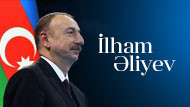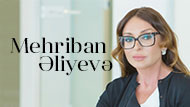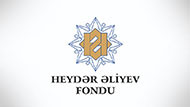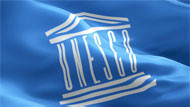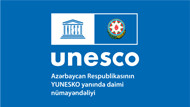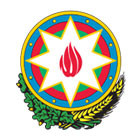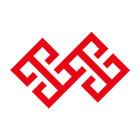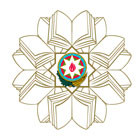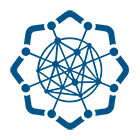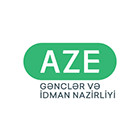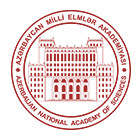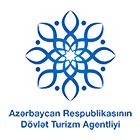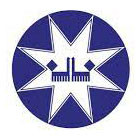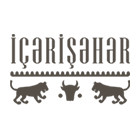UNESCO: Azerbaijan regards intercultural dialogue as a global priority
2024-12-13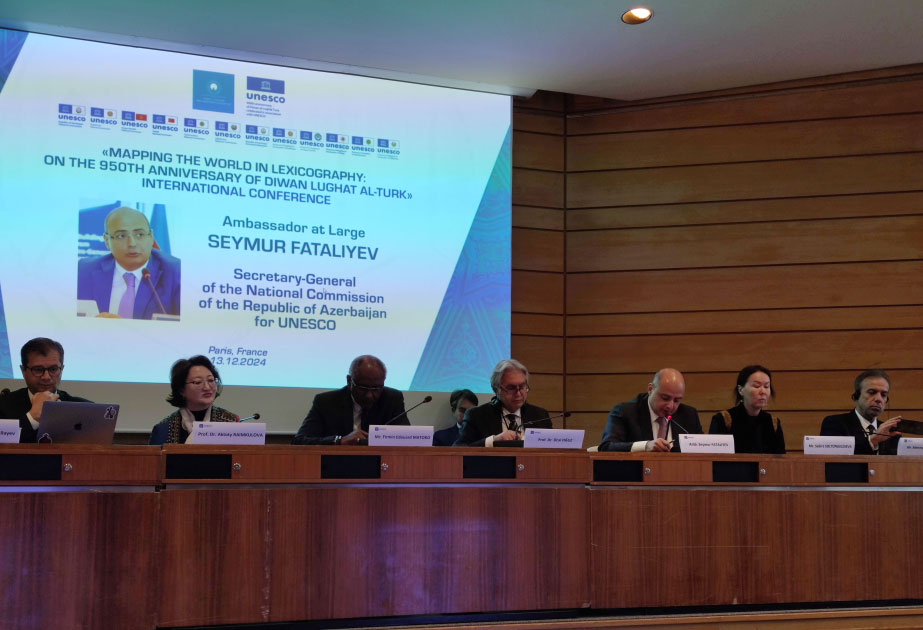
Azerbaijan, a country rich in heritage and traditions, considers intercultural dialogue to be a global priority. In this regard, Mehriban Aliyeva—First Vice President of the Republic of Azerbaijan and President of the Heydar Aliyev Foundation—has made exceptional efforts to promote UNESCO’s values, to safeguard the world’s heritage, to restore historical monuments, and to foster intercultural dialogue. These initiatives demonstrate the deep connection between the aims and values of nations and their history, rich cultural legacy, and international recognition. The preservation and reinforcement of Turkic heritage remain a key priority of Azerbaijan’s foreign policy. In this context, I would like to recall President Ilham Aliyev’s statement: “Our family is the Turkic world!”
AZERTAC reports that these remarks were made by Seymur Fataliyev, Secretary-General of the Azerbaijan National Commission for UNESCO, during his address at the organization’s headquarters on the occasion of the international conference “Mapping the World in Lexicography: 950th Anniversary of the Dīwān Lughāt al-Turk.” He expressed gratitude to Turkey, Kazakhstan, Kyrgyzstan, Turkmenistan, Uzbekistan, Hungary, Mauritania, Morocco, Qatar, and Tajikistan for their significant contributions in proposing the celebration of this jubilee at the 42nd session of the General Conference, which took place from November 7 to 22, 2023. He noted that, in honor of the anniversary, the work was published for the first time in three volumes in 2024—translated by Khalid Said Khodjaev—with joint support from the Azerbaijan National Academy of Sciences and the Azerbaijan National Commission for UNESCO.
“Today we are not merely marking a memorable date for Turkic states; we are celebrating the very soul of our culture, our language, and our shared values. Although Mahmud al-Kashgari’s Dīwān Lughāt al-Turk was written 950 years ago, it remains an indispensable source—rich in literary, linguistic, and ethnographic insight. This masterpiece also stands as a powerful symbol of unity, brotherhood, and solidarity among Turkic nations. This event continues the series of landmark celebrations recognized by UNESCO, such as the 1,300th anniversary of the Book of Dede Korkut or the Tonyukuk inscriptions,” Mr. Fataliyev stated.
He emphasized that another important aspect of the conference is the integration of historical figures and their legacies into the modern world, as well as recognition of their contributions to global knowledge. The Dīwān Lughāt al-Turk encourages international scholarly research and deeper study of Turkic history and culture, serving as an ideal platform for intercultural dialogue.
“I would like to thank everyone working to preserve and promote Turkic cultural heritage, especially the participants of this conference. Hoping that this shared heritage will become better known worldwide, I call upon everyone to take an active role in its safeguarding, study, and promotion. The Azerbaijan National Commission for UNESCO will continue to support all initiatives aimed at preserving and researching the heritage of Turkic states,” Mr. Fataliyev concluded.


